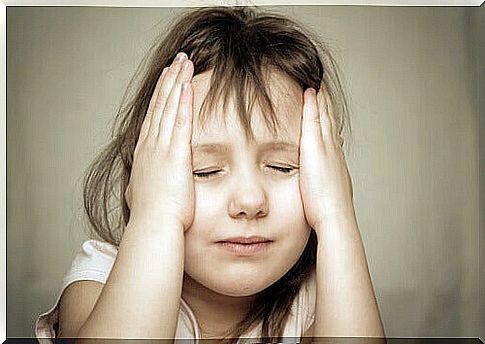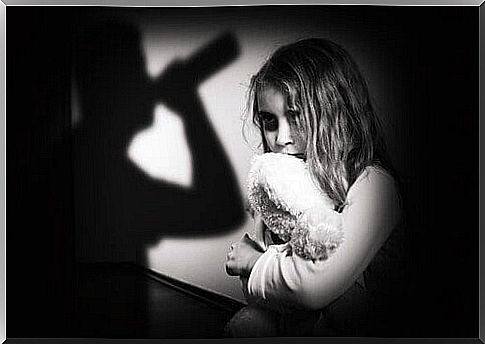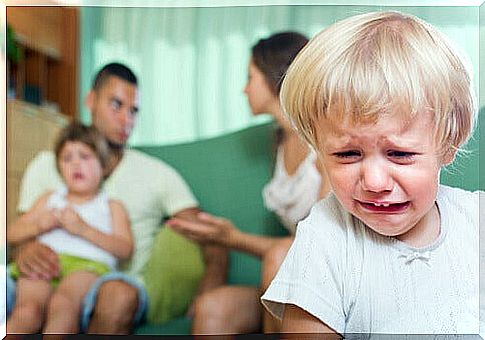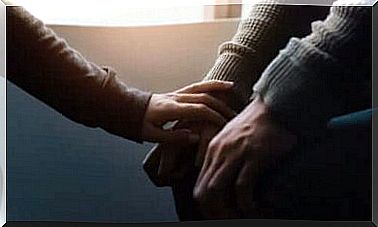The Effect Of Traumatic Childhood Experiences

It is well known that traumatic childhood experiences can have major effects on adults, but how do they affect children in their daily lives? How does it affect their behavior? How does it affect how they learn?
A recently published study analyzed how childhood experiences, including physical and mental abuse, affect learning and development in children from a very young age. The study was conducted by researchers from Rutgers Robert Wood Johnson Medical School and was published in Pediatrics, an American journal.
Impact on future academic qualifications
According to the researchers, children in metropolitan areas who have been exposed to traumatic childhood experiences are at an increased risk of developing problems with learning and behavior, which starts already in preschool.

The researchers examined data from other studies that looked at different experiences in childhood, and it was found that this affected both their performance during childhood and their later academic studies. This age was chosen because the evidence showed that this was the time in the child’s life when one could show a later academic influence.
The results of the analysis indicated a pattern in which children who had experienced more of these adversities received poor grades and had poor behavior and social abilities. Their language levels and writing skills were also below average. Aggression on the part of the parents had affected these children.
To protect children from traumatic childhood experiences
Protecting children does not mean placing them in a bubble. But when they are so young, their understanding of the world is not the same as that of adults.
Psychologist Jesús FJ Ramirez Cabañas explains that traumatic childhood experiences that occur before the age of 11 create three times as many emotional problems as if they occur later in life. The psychological impact that these situations have had will grow over time.
However, parents tend to underestimate the intensity and duration of the stressful situations their children go through. Reactions vary with age, intellectual capacity, personality and social factors.

Ramirez Cabañas also explains that the impact that adults have on the children they care for has a major effect on how they remember traumatic experiences. For example, a death within the family can make the child feel powerless.
The most common problems that arise from post-traumatic stress and other forms of anxiety include pain, depression, aggressive behavior, physical symptoms, low self-esteem and social and academic difficulties.
Behaviors in children who have suffered traumatic experiences
Ramirez Cabañas explains that when a child suffers from a traumatic experience, it is important to quickly avoid the effects of post-traumatic stress, which can come as anxiety and depression. The syndrome should be treated as soon as it occurs, which can take up to three months after the traumatic experience.
There is no reason to expect this to happen, but you should teach your child to relax and immediately turn negative thoughts into positive ones. It is also important to encourage them to express their feelings and opinions.

The child should use techniques to direct their thoughts towards more constructive activities, such as playing, exercising or participating in group activities. It is common for children to judge themselves for the traumatic experience, so they should learn not to do this.
Another good strategy is to distance them from media reports on this subject, especially on television, so that they do not see images related to the event.








